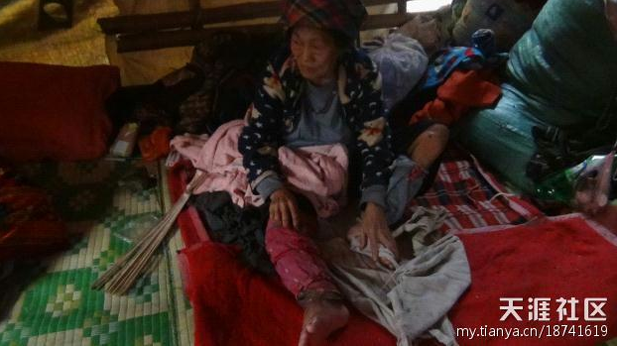BANGKOK—The Asean Intergovernmental Commission on Human Rights (AICHR) will hold its next meeting in Rangoon this June in another transitional landmark for Burma’s reformist government that nonetheless stands accused of ongoing human rights abuses.
Despite conflict between Burmese government troops and the Kachin Independence Army (KIA) in the country’s far north, the AICHR “will resume their discussion at the sixth meeting in [Rangoon], Myanmar on June 3-6, 2012,” after meetings last week in Thailand, according to a press release from the Association of Southeast Asian Nations (Asean)—the ten-state regional grouping of which Burma assumes the chair in 2014.
The Rangoon meeting is aimed at finalizing a draft regional human rights declaration to be presented to Southeast Asian foreign ministers, but has generated mixed feelings among Burmese activists.
Cheery Zahau is a human rights analyst from the Chin region of Burma, close to India. She told The Irrawaddy that “if Burma hosts this meeting, it needs to end the ongoing human rights violations committed by the army and all security forces in ethnic areas.”
The June 3-6 meeting will be the first time the former military dictatorship has hosted such a gathering—which likely would not have come about without recent reforms undertaken by the armed forces-dominated government.
It marks a major about-turn for a Burma, after UN human rights envoy Tomas Ojea Quintana said in 2010 that long-standing evidence of crimes against humanity in Burma warranted a commission to look into the possibility of an international tribunal on the country.
That call was backed by the US and a number of European states, but has since been effectively shelved in the wake of changes include the freeing of hundreds of political prisoners, a landslide win for the opposition National League for Democracy (NLD) in April 1 by-elections, and the formation of the Myanmar National Human Rights Commission in September 2011.
Western governments have relaxed or suspended economic sanctions in response to the reforms, while international firms are mulling investing in Burma—described by the International Monetary Fund (IMF) last week as facing “an historic opportunity to jump-start economic development.”
However, rights abuses persist in Burma, say activists. The Assistance Association for Political Prisoners—an advocacy group based along the Thai-Burmese border and staffed by ex-detainees—estimates that 471 political prisoners are still in jail, while the NLD has compiled a list of 280 names.
Though a ceasefire has been inked by the government and the Karen National Union, fighting continues in resource-rich Kachin State—a northern border region close to China. More than 75,000 civilians have been driven from their homes and last week a Burmese government military commander overseeing the region’s fighting reportedly threatened to wipe out the KIA.
However, to some analysts, Burma’s hosting of the human rights meeting—though a novelty—is something of a red herring. Shiwei Ye is Asia representative for the International Federation for Human Rights. He says that “it really does not matter who is chairing the commission or where the meetings are held—what really matters is the quality of AICHR’s work and whether it is truly protecting and promoting human rights.”
Other Asean member states have less-than-stellar human rights records, and Burma no longer stands out as the region’s black sheep. Vietnam is a one-party communist dictatorship that routinely jails government critics, state-backed land grabs are rife in Cambodia, and Thailand has the world’s strictest lese-majeste laws with a 62-year-old man dying from cancer last week while several months into a 20-year jail term for allegedly sending text messages that defamed the country’s royal family.
The upcoming Rangoon meeting will continue discussions among AICHR representatives about a proposed regional human rights code, known as the Asean Human Rights Declaration (AHRD). However, since its inception in late 2009, the AICHR has achieved little of note, say activists, who have criticized the AHRD drafting process as opaque.
Shiwei Ye told The Irrawaddy that “the veil of secrecy surrounding the AHRD is a telling testament of the sorry state of democracy and human rights in Asean, where gross human rights violations go unaddressed by national governments.”















